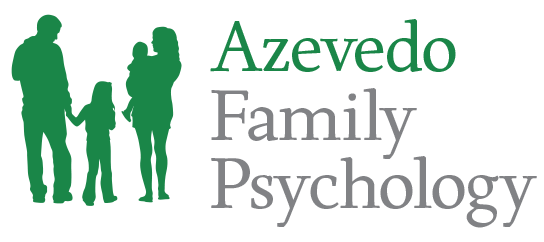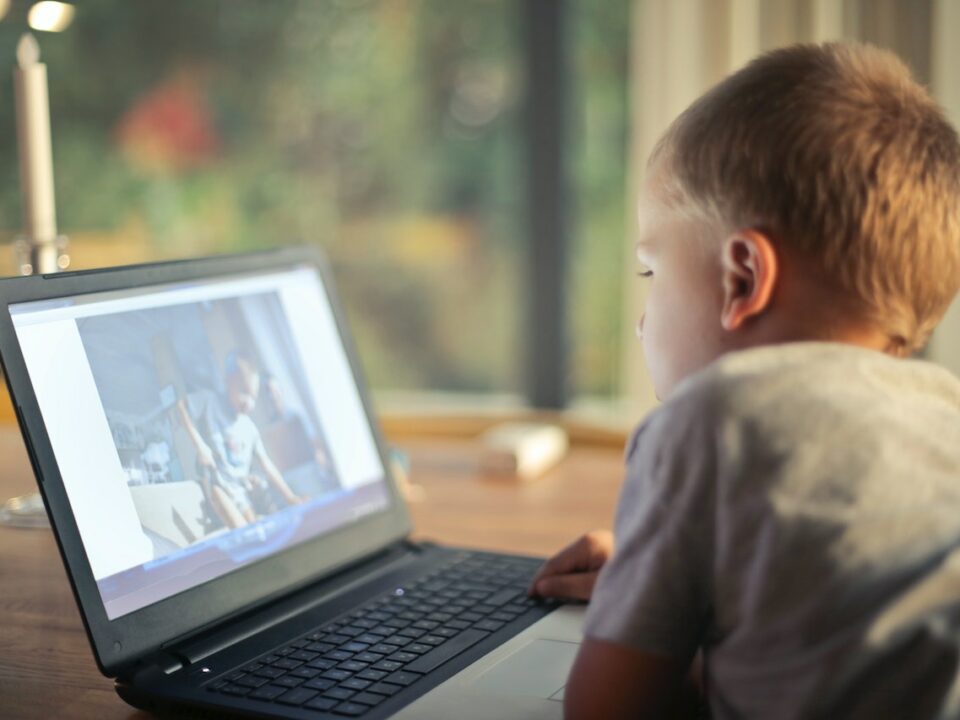
Relationship Roadtrip (Ep. 31)
September 24, 2020
Relationship Roadtrip (Ep. 32)
September 30, 2020Whether we like it or not, our parents imprint themselves onto us. They are the source of our principles and beliefs, our role models and examples. Ideally, a parent guides a child in a positive and healthy direction, serving as a safe and unyielding pillar to support them through life.
But sometimes, even well-intentioned parents can have lasting negative effects on their children. Body image is a particularly powerful example, especially (but not exclusively) between mothers and daughters. Today we’d like to discuss body image as it relates to parenthood.
External vs. Internal Influences
Body image issues are quite prevalent in America: a staggering 80% of women and 34% of men are unhappy with the way they look. Body image issues are the root cause of many health problems: low self-esteem, self-harm, eating disorders, sexual dysfunction, interpersonal relationship difficulties, and more.
The external influences on body image are easy to understand. Just look at any magazine cover or Instagram influencer and see how they promote glorified, often impossible versions of the ideal body. Look at women’s fashion and its preference for smaller sizes, or smaller men stereotyped as weak or awkward.
But internal influences – those within your family – can be far more powerful. Seemingly innocuous comments like “wow, someone’s hungry!” during dinner, or references to weight gain, or your own body image issues can set a dangerous precedent for your children. Much as how abuse is often a generational cycle, your child learns how to view their body from you.
Breaking the Cycle
So as a parent, what can you do?
If you’ve struggled with body image in your life, the first thing on your list should be working on your own issues. It will be difficult, but simple things can reframe how your child views body image:
- Avoid derogatory comments about your own weight.
- Be willing and eager to take photos with your child.
- Avoid skipping meals unless you genuinely aren’t hungry.
- When you exercise, center its effectiveness on strength and health, not weight loss.
When addressing your child directly about their body or weight, some things are obvious (don’t call them fat or ugly, for instance.) But there are some more subtle distinctions as well:
- If you see your child gaining an unhealthy amount of weight, focus the conversation on food and health rather than weight gain.
- Choose compliments carefully, i.e. “you look so pretty in that dress!” instead of “you look so thin in that dress!”
- Be nurturing and supportive in other areas; research demonstrates that this correlates with positive body image.
Parents should first and foremost be role models for their kids. There’s a saying that “you should be the person you needed when you were younger.” If you heal your own wounds, you serve as a place of strength and inspiration for your children. If you love your body and yourself, your kids are more likely to follow suit!
Need help? Please contact Azevedo Family Psychology at 919-624-9561 or by visiting our contact page.




